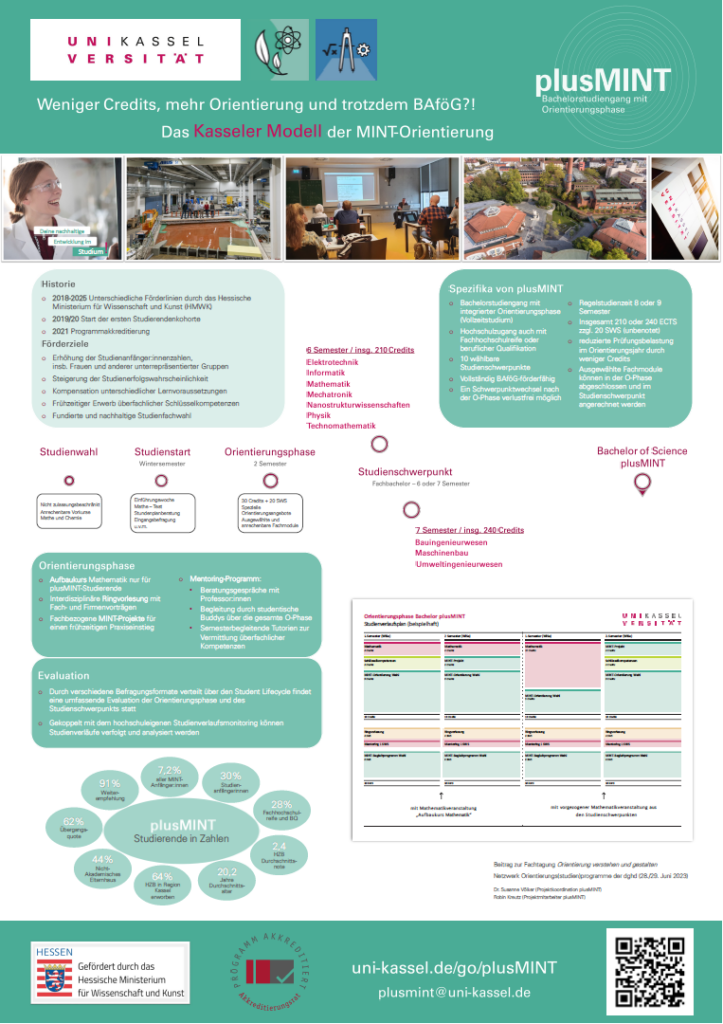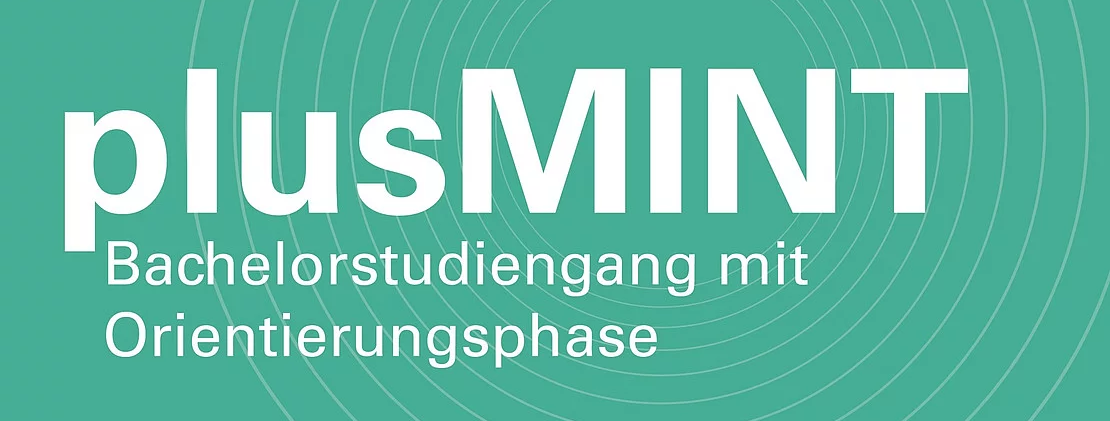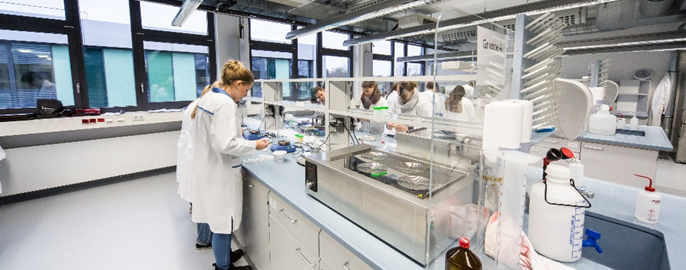At a glance
For: Pupils, prospective students, students, teachers, lecturers, higher education policy
Topics: STEM orientation program with Bachelor's degree, model study program – innovative interdisciplinary study program, strengthening the initial phase of studies, increasing the probability of academic success, promoting underrepresented student groups, orientation instead of doubts about studies
Location: University of Kassel
The Kassel model of STEM orientation
Inspiring young people to pursue STEM studies, facilitating entry into university studies, promoting study skills, clarifying interdisciplinary connections, creating a secure foundation for choosing a field of study, and increasing the likelihood of academic success – these goals are linked to the plusMINT orientation study program, which is funded by the QuiS21 program.
Since the winter semester of 2019/20, the plusMINT bachelor's degree program at the University of Kassel has offered students the opportunity to explore ten different STEM disciplines under realistic study conditions during an orientation year. Accompanied by orientation events developed specifically for this target group, students also consolidate their basic subject-specific skills and acquire key interdisciplinary competencies.

Orientation year with a unique organizational structure
The orientation year prepares students for a well-considered and sustainable choice of study program, which then applies from the third semester onwards. With civil engineering, electrical engineering, computer science, mechanical engineering, mathematics, mechatronics, nanostructure science, physics, technical mathematics, and environmental engineering, students have an attractive selection of subjects to choose from for their further studies.
The plusMINT orientation program at the University of Kassel boasts a unique organizational structure in Germany, combining an orientation year and a specialization within a single degree program equivalent to a traditional Bachelor's degree. The standard period of study is eight or nine semesters, depending on the chosen specialization, and a total of 210 or 240 credits are earned. Of these, 30 credits in the orientation year are dedicated to STEM orientation, offering a wide range of individually selectable courses from the specializations. Students can explore multiple STEM disciplines simultaneously, and completed modules can be credited towards their chosen specialization. The orientation process is further supported by 20 semester hours of non-credited courses that reinforce fundamental subject knowledge, develop study and methodological skills, and provide insights into interdisciplinary work methods and career fields. No examinations are taken within this STEM support program. This significantly reduces the exam workload during the initial phase of studies and allows more time for exploring various options and for personal development.
Furthermore, an advanced mathematics course is offered during the orientation year; in addition, an interdisciplinary lecture series introduces STEM subjects and career fields. STEM projects introduce students to project work through practical tasks. Peer-to-peer mentoring, regular meetings with project staff, and professorial mentoring sessions provide intensive guidance and support for students regarding study organization and course selection. Students in this program are eligible for BAföG funding starting in their first semester.
Orientation study programs are young, innovative, and forge their own paths outside of traditional degree program structures. The University of Kassel is a founding member and active contributor to the Network of Orientation (Study) Programs, which was established in 2021 under the umbrella of the German Society for Higher Education Didactics (dghd). Testing new formats, studying effectiveness, ensuring quality, developing curricula, and sharing best practices – exchange with other universities is a crucial tool for establishing, developing, and ensuring the quality of these innovative programs.
Contact person in
Dr. Susanne Völker , University of Kassel




